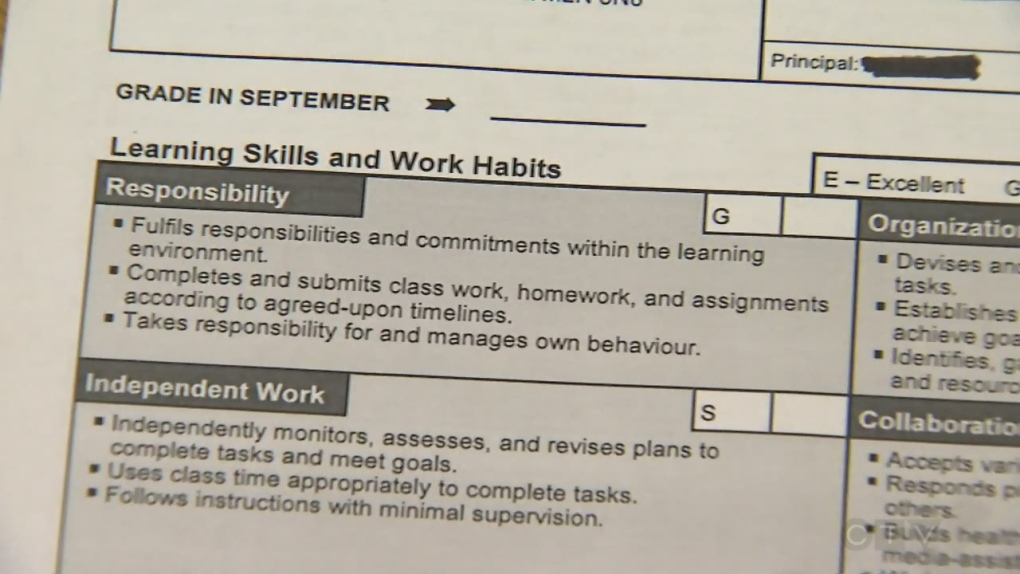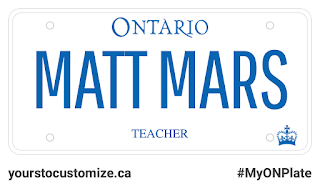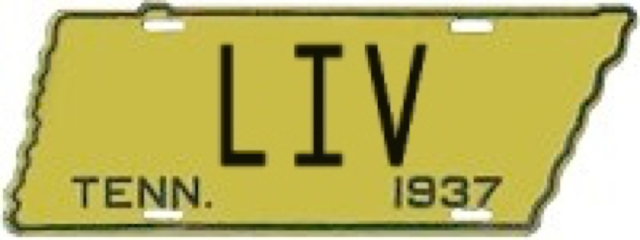Six Steps to Writing Thoughtful Report Card
Comments
Need
a nudge getting started writing those report-card narratives? This six-step
plan jump-starts the process and helps you craft comments that are meaningful
to both your students and their parents.
1. Begin with an adjective
brainstorm. Create
a list of your students' names. Beside each name, jot down one or two
adjectives that describe the student as a learner, challenging yourself to
avoid repetition. To help you brainstorm, refer to Favorite Words, Phrases for Report-Card Writers. Begin
this process two weeks before you start filling in report cards so you have
ample time to find just the right descriptors for each student.
2. Take supporting notes. Once you've completed
your list of adjectives, make brief notes during class time that confirm your
observations. Virtually any situation — an exchange during a
workshop, a direct quote from a conference, an indication of growth through a
piece of writing — could inspire notes. It's more effective to
provide parents with concrete, relevant examples of their child's performance
than with broad, generic statements.
3. Use sentence stems. This is an excellent
way to get the juices flowing, especially for students who are difficult to
describe. The following stems work well:
·
Jessica's
best work this quarter was . . .
·
Jonathan
has shown improvement in . . .
·
This
term, I was glad to see Connor . . .
·
Ask
Sarah to talk about . . .
·
This
term, Melissa challenged herself by . . .
4. Focus on the positive. It's important to
emphasize what students do well so that your parents and students can build
from those strengths. Areas for improvement can be revealed through other
report-card notations, such as grades, conduct codes, or other descriptors. Often, negative adjectives
can be reworked to suggest strengths. For example, restless and easily
distracted students can be characterized as very energetic. Regardless of how
frustrating a student is, a comment space is not the appropriate place for a
disciplinary referral. A phone call to or meeting with parents is a better
course of action.
5. Write the easy comments
first. You
will develop comment-writing skills more quickly if you start with students who
are easy to describe. As your confidence grows, you'll probably find that you
have more to say about those enigmatic students than you realized.
6. Ask colleagues for help. Once you've
brainstormed some adjectives and incidents, you may want to elicit the support
of colleagues in describing challenging students. Music, physical education,
and art teachers might have been observing your students for years and could
have just the insights you need for that student you're struggling to describe.
Instructional aides and student interns may also provide valuable observations
about the students with whom they have worked.
This article originally
appeared in Teacher magazine, published by Scholastic, and was
written by the authors of Well-Chosen Words (© 1998,
Stenhouse).














































